Seminars
Upcoming Seminars
Stay tune!
Past Seminars
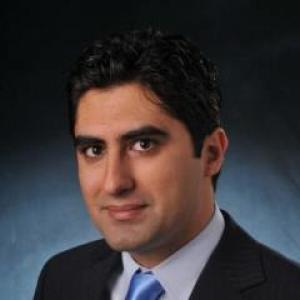
Uncertainty Quantification via a Multi-Fidelity Model Reduction Approach
May 23, 2018 - 12:00 pm
Speaker: Professor Alireza Doostan
Realistic analysis and design of multi-disciplinary engineering systems require not only a fine understanding and modeling of the underlying physics and their interactions but also recognition of intrinsic uncertainties and their influences on the quantities of interest.
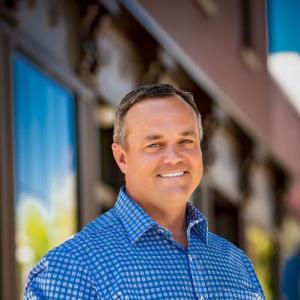
Introduction to the Helical Pile or Screw Pile
May 21, 2018 - 12:00 pm
Speaker: Dr. Howard A. Perko
Dr.
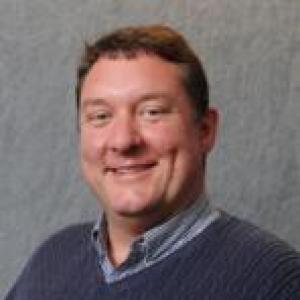
Soil Mechanics at the Grain Scale with Applications to Bio-Cementation
May 16, 2018 - 12:00 pm
Speaker: Dr. Matt Evans
Particulate materials do not: have inherent strength and stiffness (like a solid); flow freely (like a liquid); or compress easily (like a gas). The unique combination of properties possessed by granular materials includes that they are: inherently multiphase, porous
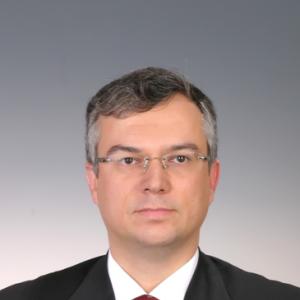
Masonry Structures: Traditional or Modern? High Level Research, Professional Practice and Innovation
May 09, 2018 - 12:00 pm
Speaker: Professor Paulo B. Lourenço
Modern societies understand built cultural heritage as a landmark of culture and diversity. During the last decades, the idea that ancient buildings could be conserved and reused became appealing.
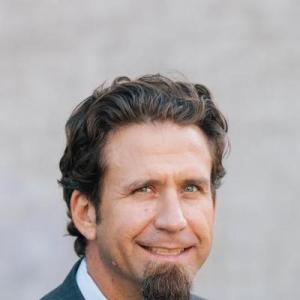
Advancements in Geogrid Performance and Research
May 07, 2018 - 12:00 pm
Speaker: Garrett Fountain
The use of geogrids to create firm and unyielding working surfaces over soft soil subgrades is well established. However, geogrids can also enhance and optimize the performance of flexible and rigid pavements over competent subgrades. Mr.
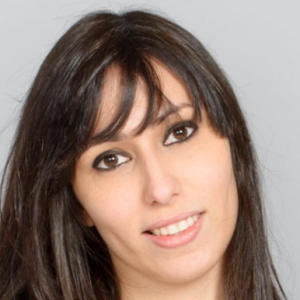
Past, present and future of concrete: Forensic engineering, eco-concretes and construction materials for a new age
April 25, 2018 - 12:00 pm
Speaker: Dr. Mirian Velay-Lizancos
Talk will be divided in three parts that I like to call “past, present and future” of structural concrete. In the first part (“the past”) I will show how my research can help extract more accurate estimates of the mechanical properties of existing structures by using non-destructive testing (NDT).
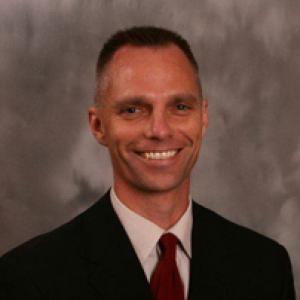
Structural Testing to Solve Problems in the Built World
April 23, 2018 - 12:00 pm
Speaker: John Pearson
First said decades ago, “Ask the structure” has been the straightforward advice by Wiss, Janney, Elstner founders that guides WJE today to solve problems of the built world.
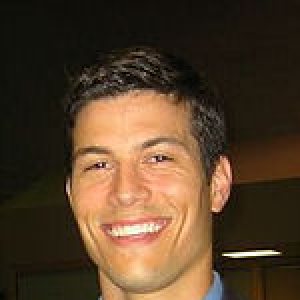
Heat-Induced Polymeric Soil Bonding: Experimental Studies
April 18, 2018 - 12:00 pm
Speaker: Professor Julio Valdes
A novel cementation technology whereby moist soil and added thermoplastic polymer particles are mixed, heated, and allowed to cool, enables healable, polymeric bonding of the soil grains. Experimental results show that the strength of the resulting material is dependent on polymer content, soil gradation and mineralogy, surface roughness, and relative particle sizes. The relatively low temperatures needed for bonding translate to the possibility of utilizing nonstandard techniques to impose heating.
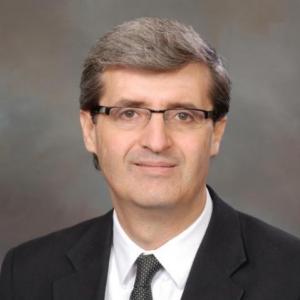
Environmental and Energy Geomechanics: Challenges and Opportunities
April 16, 2018 - 12:00 pm
Speaker: Professor Marcelo Sanchez
The involvement of geotechnical/geomechanical engineers in problems comprising unprecedented Thermo-Hydro-Mechanical and Chemical (THMC) conditions is every time more frequent, particularly in geo-environmental and geo-energy applications.
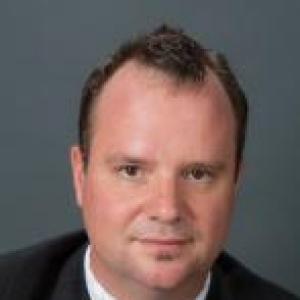
Transparent Soil for Laboratory Investigations of Multi-phase Flow, Carbon Dioxide Storage, and Heat Transport
April 11, 2018 - 12:00 pm
Speaker: Professor Greg Siemens
Many experiments, field studies, and simulations are limited by the number of physical measurement points that can be contained within the study or used for comparison to a model. Even in highly instrumented experiments or field sites, a relatively small number of data points are available.
